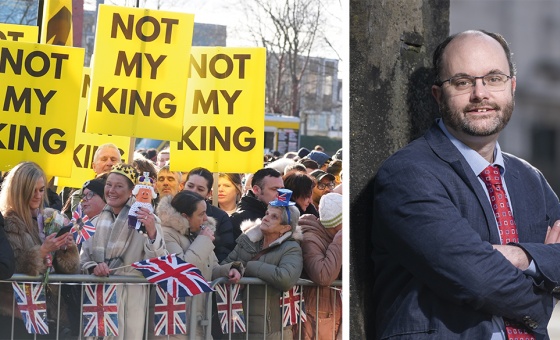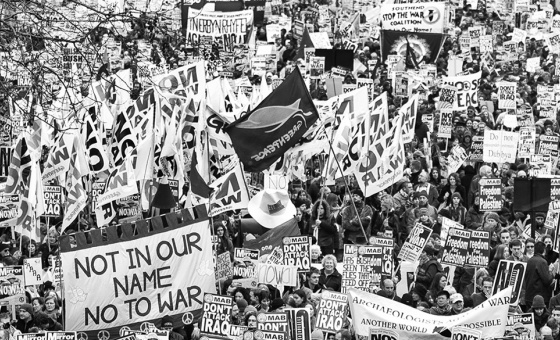This is the last article you can read this month
You can read more article this month
You can read more articles this month
Sorry your limit is up for this month
Reset on:
Please help support the Morning Star by subscribing here
A TRANCHE of newly released documents has shed further light on the extent to which the Establishment was aware of collusion by state security forces and British armed forces in Northern Ireland.
The previously secret papers released today show that one of Northern Ireland’s top judges, Lord Justice Weir, believed the Royal Ulster Constabulary (RUC) was “worse and more sectarian” during the 1980s than it had been for decades.
They also show that in a private conversation with the Irish ambassador Noel Dorr in 1986, Mr Weir expressed the opinion that the controversial Ulster Defence Regiment (UDR) existed as a “safety valve” to appease Protestant anger.
In a document marked “Secret,” Mr Dorr wrote: “Weir was absolutely scathing in his judgment of the UDR (some of whom he has defended in specific cases) and highly critical of the RUC.
“He said the UDR was ‘unreformable.’
“He saw it as the direct successor of the old B-Specials and thought that the only reason for its existence was to keep its members out of worse mischief which they would get up to individually.”
Mr Weir’s opinion of the UDR was far from unique. In fact it was acknowledged at the highest level of government as far back as the early 1970s that the almost exclusively Protestant regiment was seen as a “safety valve” to channel the energies of that community.
It was also common knowledge that many UDR soldiers were also members of loyalist paramilitary organisations, that the regiment had been linked to scores of sectarian murders and that the vast majority of weapons in loyalist hands had come from UDR armouries.
The documents also show that one of Britain’s most senior police officers, John Stalker, who was asked to investigate the RUC shootings of six people, confided that he believed the shootings had been murder.
Mr Dorr wrote to then taoiseach Garret FitzGerald saying that Mr Stalker had told him that he had been denied access to senior politicians during his investigation.
The ambassador wrote that Mr Stalker had told him what he was concerned with “was not the minor question of lying or covering something up — ‘it was murder, six murders’.”
Mr Stalker was removed from the probe in 1986 before he could conclude his investigation.








